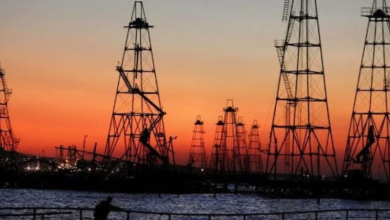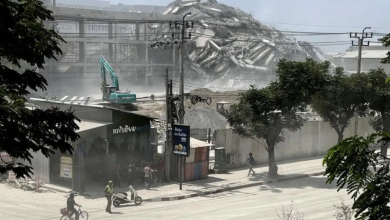
According to a study, players may be at extremely high risk of experiencing severe heat stress at two-thirds of the North American locations for the men’s football World Cup.
According to analysis, ten of the sixteen locations in North America where the men’s tournament will take place are vulnerable to severe heat stress.
The 16 locations spanning Canada, the US and Mexico where the 2026 tournament will take place in June and July when summer temperatures would be at their highest were examined in an analysis published in the journal Scientific Reports.
Embedding Link: https://x.com/FIFAWorldCup/status/1754236255385145360
In order to replicate what football players might encounter on the field, researchers used data from the Copernicus Climate Change Service to estimate temperature, wind, and humidity conditions as well as an adjusted “universal thermal climate index,” which evaluates how the human body reacts to its surroundings.
“Our results indicate that 10 out of all 16 2026 Fifa World Cup venues are at very high risk of experiencing severe heat stress conditions,” the researchers said.
Although the study did not account for air conditioning which is available at US venues, it did find that stadiums in Arlington, Houston, Texas and Monterrey, Mexico had the highest risk of thermal stress with universal thermal climate index (UTCI) values above 49.5C.
“When performing in warm and humid conditions, player’s heat production from intense physical activity often exceeds their ability to dissipate excessive heat which may increase the risk of exertional heat illness. In response to prolonged exercise in a hot environment, intense sweating is triggered which may result in dehydration of the body,” the study stated.
According to the researchers, remaining in environments where the UTCI was higher than 50C like the case in Arlington and Houston in the afternoon might place a “heavy burden on the body” and cause heat exhaustion or even heat stroke.
The entire event was moved to the winter to accommodate the hot temperatures in Qatar at the 2022 World Cup hosts and stadiums were air conditioned and extra pauses were taken during each half.



